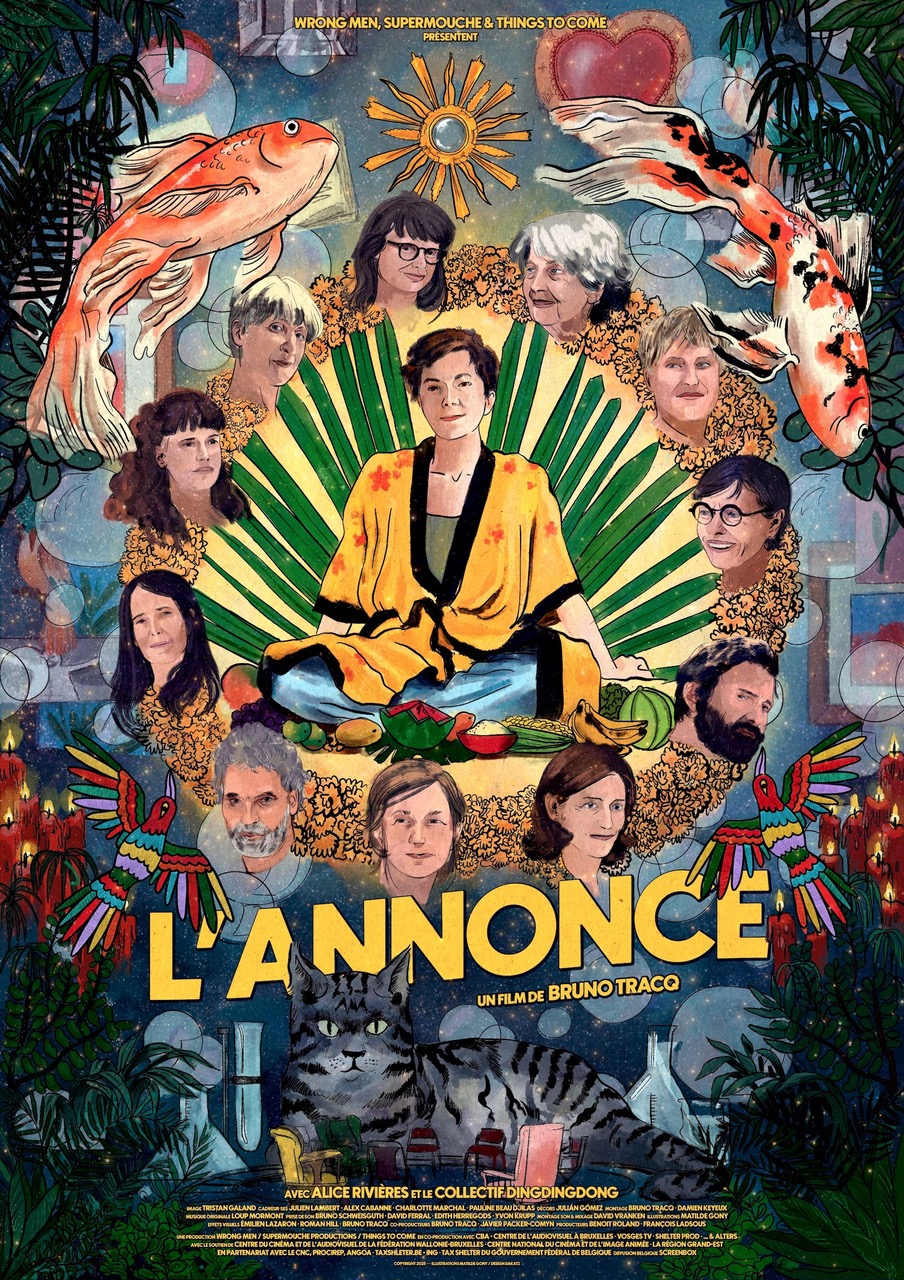Pendant 10 ans, le collectif Dingdingdong a fait des livres, des films, des spectacles, et mené diverses enquêtes dans le Huntingtonland. Vous en trouverez les archives ici. Désormais, nous explorons les terrains de l’entraidologie de façon clandestine, sans nous obliger à répondre à nos courriers, et nous laissant libre de publier ou non sur ce site web ou nos réseaux sociaux.
14 mai 2025 : sortie du film de Bruno Tracq sur Dingdingdong : « L’Annonce ».
Le site › |
Les séances ›

